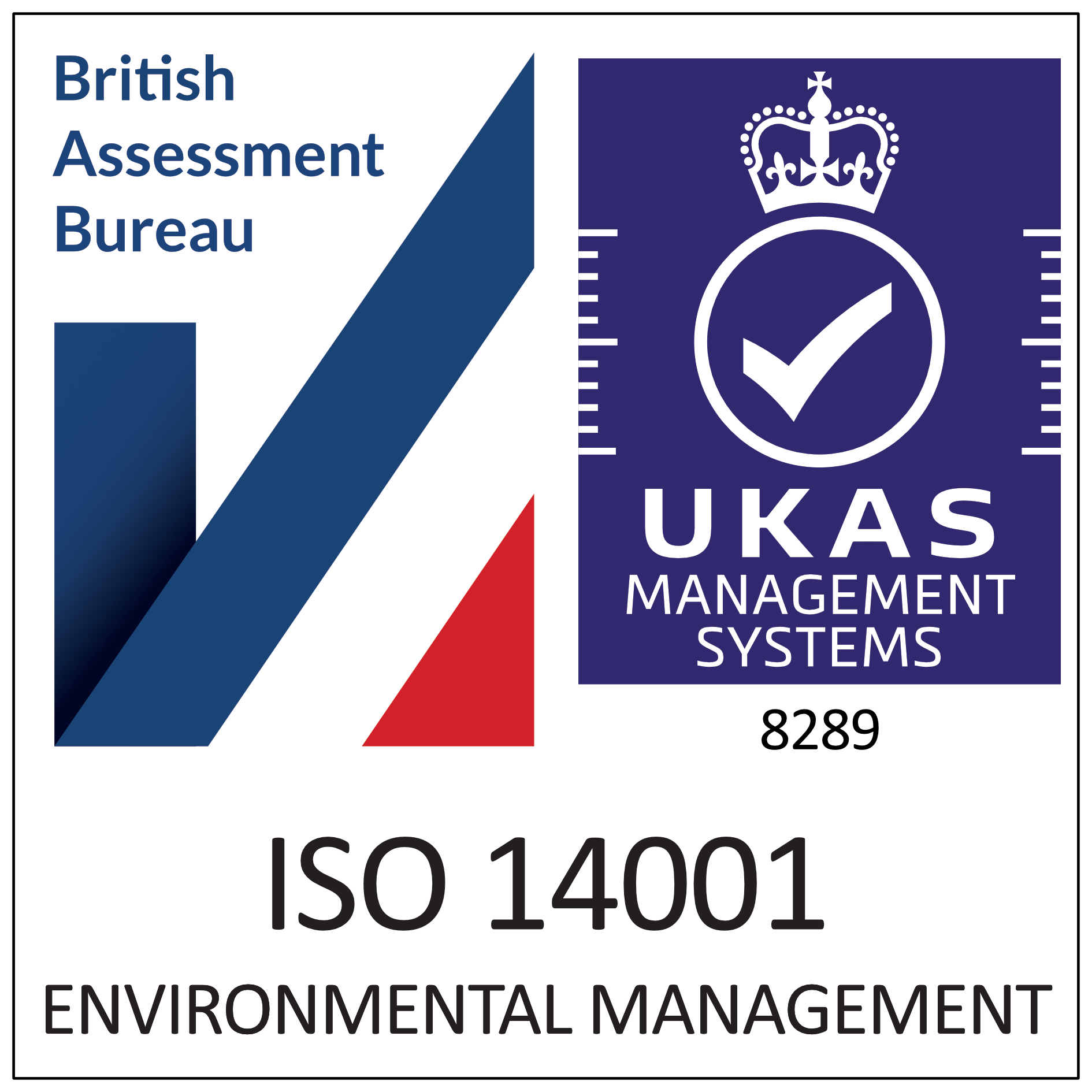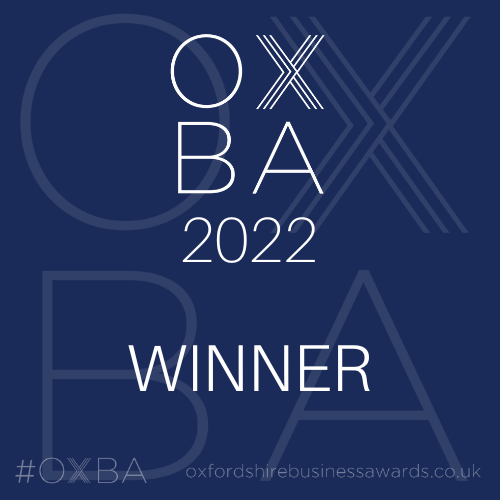
Welcome Wednesdays
Drop in on any Wednesday and see what Abingdon & Witney College has for you!

Drop in on any Wednesday and see what Abingdon & Witney College has for you!
Search our website for news, courses, and general information
Course code: XMZP708P
Subject area: Team Leadership
Study level: Apprenticeship
Course level: 3
Course time:
09:00 - 17:00
Days of week:
Various
Course date:
Flexible Start - 31st Jul 2025
Course location:
Off SiteDuration:
• 15 months practical training period, plus 3 months for End Point Assessment
Delivery model:
• Work-based training with your employer
• 10 days college attendance to complete Team Leading Principles course
• Approximately 12 on-site assessment visits per year
• Level 2 Functional Skills in Maths and English (7 days at college for each, if required)
• Off the job training will count for at least 6 hours a week of an apprentice’s time at work
Qualifications included:
• Level 2 Functional Skills in English and Maths
• Level 3 Team Leader Apprenticeship
End Point Assessment:
• Knowledge test
• Portfolio of evidence
• Competency based interview
• Professional discussion, relating to CPD activity
• Understand different leadership styles and the benefits of coaching to support people and improve performance. Understand organisational cultures, equality, diversity and inclusion.
• Understand people and team management models, including team dynamics and motivation techniques. Understand HR systems and legal requirements, and performance management techniques including setting goals and objectives, conducting appraisals, reviewing performance, absence management, providing constructive feedback, and recognising achievement and good behaviour.
• Understand approaches to customer and stakeholder relationship management, including emotional intelligence and managing conflict. Know how to facilitate cross team working to support delivery of organisational objectives.
• Understand different forms of communication and their application. Know how to chair meetings, hold challenging conversations, provide constructive feedback and understand how to raise concerns.
• Understand how organisational strategy is developed. Know how to implement operational and team plans and manage resources and approaches to managing change within the team. Understand data management, and the use of different technologies in business.
• Understand the project lifecycle and roles. Know how to deliver a project including: managing resources, identifying risks and issues, using relevant project management tools.
• Understand organisational governance and compliance, and how to deliver Value for Money. Know how to monitor budgets to ensure efficiencies and that costs do not overrun.
• Know how to be self-aware and understand unconscious bias and inclusivity. Understand learning styles, feedback mechanisms and how to use emotional intelligence
• Understand time management techniques and tools, and how to prioritise activities and approaches to planning
• Level 2 Functional Skills in English and Maths
• Level 3 Team Leader Apprenticeship
• Able to communicate organisation strategy and team purpose, and adapt style to suit the audience. Support the development of the team and people through coaching, role modelling values and behaviours, and managing change effectively.
• Able to build a high-performing team by supporting and developing individuals, and motivating them to achieve. Able to set operational and personal goals and objectives and monitor progress, providing clear guidance and feedback.
• Building trust with and across the team, using effective negotiation and influencing skills, and managing any conflicts. Able to input to discussions and provide feedback (to team and more widely), and identify and share good practice across teams. Building relationships with customers and managing these effectively.
What behaviours will apprentices develop?
• Drive to achieve in all aspects of work. Demonstrates resilience and accountability.
• Determination when managing difficult situations.
• Open, approachable, authentic, and able to build trust with others. Seeks views of others.
• Flexible to the needs of the organisation. Is creative, innovative and enterprising when seeking solutions to business needs. Positive and adaptable, responds well to feedback and need for change.
• Sets an example, and is fair, consistent and impartial. Open and honest. Operates within organisational values








